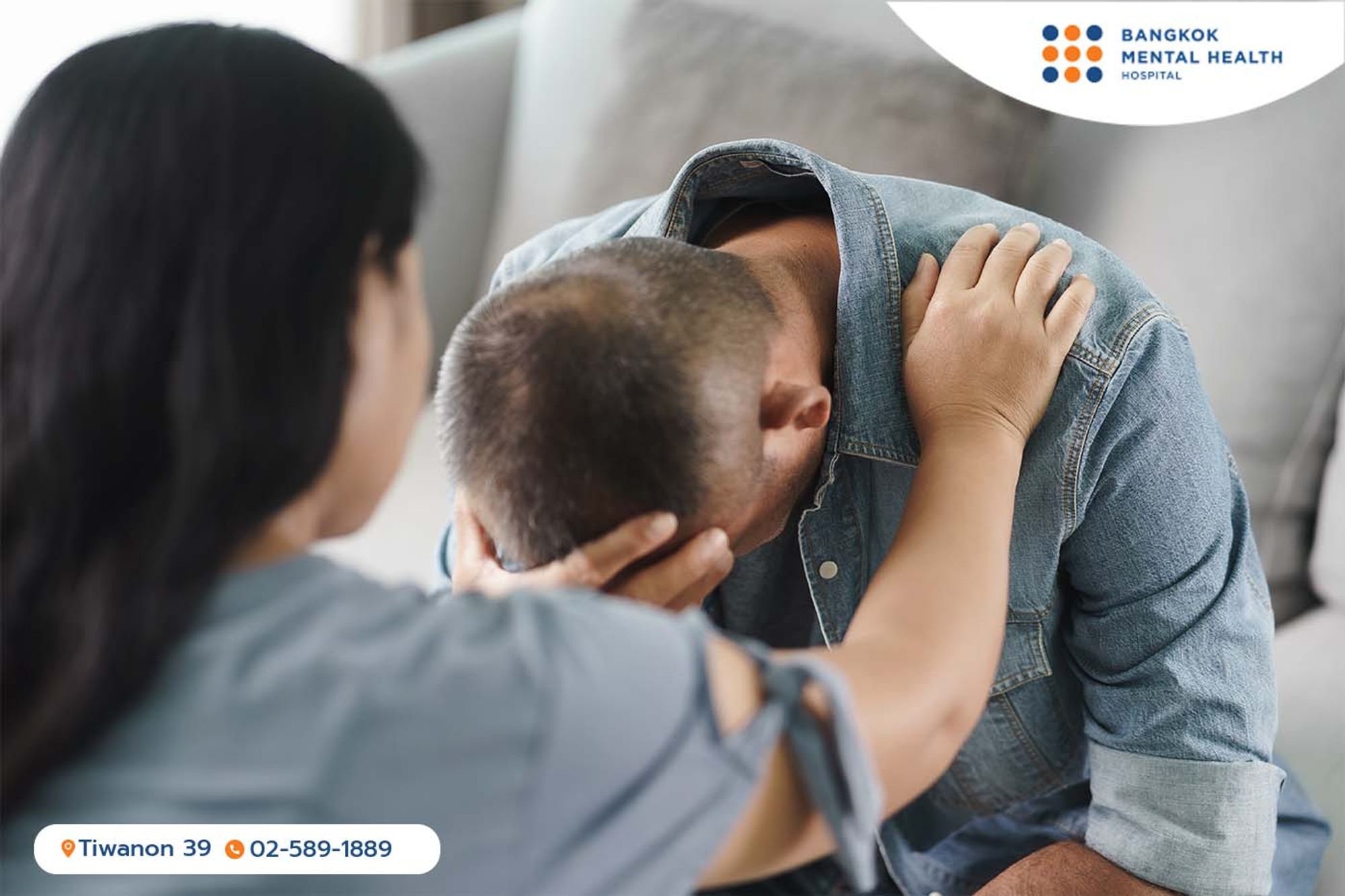
The treatment of mental illnesses encompass not only psychotherapy and medication; lifestyle adjustments also play a pivotal role. This is particularly crucial for individuals who drink alcohol on a regular basis, as alcohol can impact mental health and interact with medications, including antidepressants, which are used in various physical and mental health conditions, such as depression, anxiety disorders, and specific types of pain.
The impact of alcohol on individuals taking antidepressants depends on several factors, including:
- The type of antidepressant being used.
- The type and quantity of alcohol consumed.
- The context of alcohol consumption.
- The patient’s pre-existing medical conditions.
- Other risk factors, such as drinking and driving or engaging in self-harming thoughts or actions.
The effects of drinking alcohol while using antidepressants include:
- Direct Effects on Mood and Anxiety: Alcohol can often worsen symptoms of depression and anxiety, diminishing the effectiveness of antidepressants. Moreover, alcohol can impair decision-making and impulse control, putting an individual in an unfavourable situation such as conflicts, which, in turn, can adversely affect mental health.
- Increased Side Effects of Medication: Each antidepressant has its own side effects, with some making people feel sleepy. Although most people tolerate antidepressants quite well, combining alcohol with specific antidepressants can intensify feelings of drowsiness, dizziness, or confusion, potentially leading to accidents or injuries. This risk is relatively higher during the initial stages of medication.
- Interactions between Alcohol and Medications: Alcohol affects liver function, and the liver plays a crucial role in processing medications. Impaired liver function can result in either elevated or diminished levels of antidepressants in the bloodstream, impacting their therapeutic efficacy or increasing the risk of adverse effects. In rare cases, some types of medication can interact with alcohol, leading to fatal consequences.
It is important for individuals to be aware of potential interactions between alcohol and antidepressants and to discuss their alcohol consumption with healthcare professionals. Seeking guidance helps in making informed decisions, reducing the risk of negative outcomes, and ensuring the effectiveness of mental health treatment.
The belief that alcohol alleviates anxiety or sadness is a misconception. While some may experience temporary relief or heightened enjoyment, these effects are often short-lived. In the long run, alcohol can exacerbate low mood and anxiety. It has been observed that individuals with depression or anxiety disorders also face an increased risk of alcohol dependence. Hence, those with these conditions should exercise caution when consuming alcohol.
In summary, individuals who struggle to abstain from alcohol during antidepressant treatment are advised to consult a mental health professional to minimise the risk of adverse health effects.
Related Articles

Post-Traumatic Stress Disorder (PTSD)
Post-traumatic stress disorder (PTSD), also known as acute stress disorder (ASD), is a condition that develops after exposure

Toxic Friends: Unhealthy Relationships
If you find yourself around someone who makes you feel uncomfortable or unhappy and constantly creates conflict in your life

6 Ways to Cope with Infidelity
Infidelity is an unwelcome event in any relationship, causing emotional distress such as sadness, disappointment
Talk to Doctor
Call Us
Line BMHH